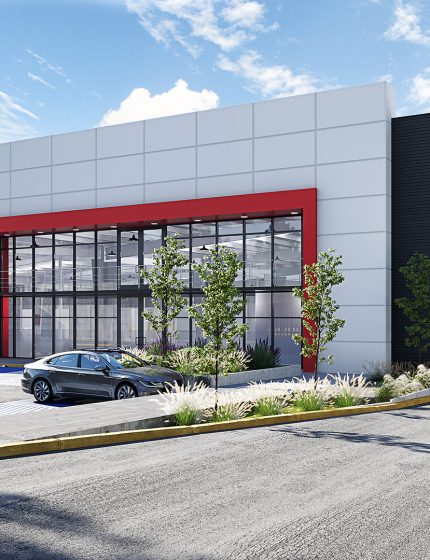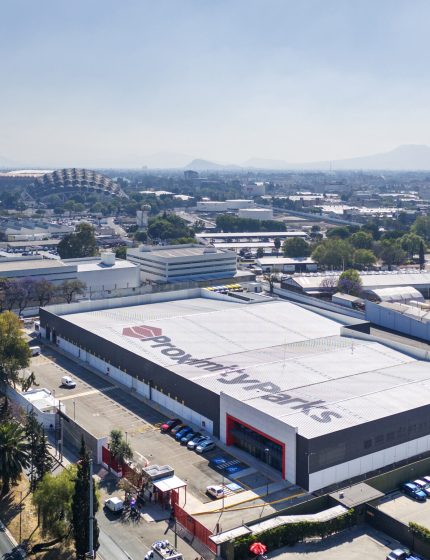In recent years, e-commerce has seen remarkable growth in Mexico, significantly transforming the retail landscape. Projections indicate that the market value will hit USD 4,117 billion by 2024, with an anticipated annual growth rate of 24.6%. This trend reflects a shift in consumer behavior, highlighting the urgent need for companies in the sector to adapt.
Factors Driving E-commerce in Mexico
The surge in internet access, expected to reach 80% by 2024, along with the increase in smartphone usage, projected to hit 100 million users in the same timeframe, are crucial drivers of this change in consumer behavior. Today’s shoppers prioritize convenience, competitive pricing, and a diverse range of products—qualities that e-commerce provides far better than traditional retail.
In this context, businesses must not only adjust to the evolving preferences of consumers but also guarantee an outstanding shopping experience. This is where last mile logistics becomes essential, representing the final stage of the delivery process that is critical for customer satisfaction.
The Last Mile: The Key to Customer Satisfaction
The last mile is more than just the final leg of the product’s journey from the warehouse to the consumer; it is vital for fostering customer loyalty. Being close to consumption centers is crucial for ensuring efficiency in the last mile, as it enables:
- Reducing delivery times: by providing faster deliveries that align with the expectations of modern consumers.
- Decreasing logistics costs: through route optimization and reduced fuel consumption, leading to savings for the end user.
- Enhancing the customer experience: by offering flexible and convenient delivery options such as in-store pickup, delivery to designated locations, same-day or next-day deliveries, and easy returns.
Strategic Infrastructure for Conquering the Last Mile
Efficient delivery is essential for the success of e-commerce, and strategic infrastructure serves as the driving force behind conquering the last mile. ProximityParks is a leader in developing Class A industrial warehouses specifically for last mile logistics, positioning itself as a vital partner for e-commerce and logistics companies aiming to reach their end consumers more effectively.
The strategic location of ProximityParks in densely populated urban areas provides unmatched access to major consumption centers, which helps to reduce delivery times and costs while optimizing logistics. Furthermore, its modular spaces are tailored to meet the unique needs of each client, offering the flexibility necessary for agile and effective operations.
ProximityParks is committed to more than just operational efficiency; sustainability is a core principle. By designing and building modern, sustainable industrial warehouses that are LEED-certified, ProximityParks plays an active role in fostering a more sustainable future. Additionally, with infrastructure for clean energy generation and charging stations for electric vehicles, ProximityParks addresses the current demands of logistics and e-commerce companies while responding to the increasing environmental concerns of their customers.
In conclusion, the rise of e-commerce has dramatically transformed the retail landscape in Mexico, creating both challenges and opportunities for businesses in the sector. In this environment, last mile logistics is crucial for ensuring customer satisfaction and maintaining competitiveness. Having logistics infrastructure strategically located in urban centers is vital for mastering the last mile, enabling faster, cost-effective, and eco-friendly deliveries.
ProximityParks: Redefining the Real Estate Industry for Last Mile Logistics.
ProximityParks is a vertically integrated real estate company, pioneering the introduction of last mile industrial parks since 2017, enabling logistics and e-commerce in the heart of cities. The company has redefined last mile real estate as a result of its focus on sustainability and data analysis, allowing it to use actionable Logistic Intelligence in investment decisions and property design to facilitate more efficient operations for each of its clients.





